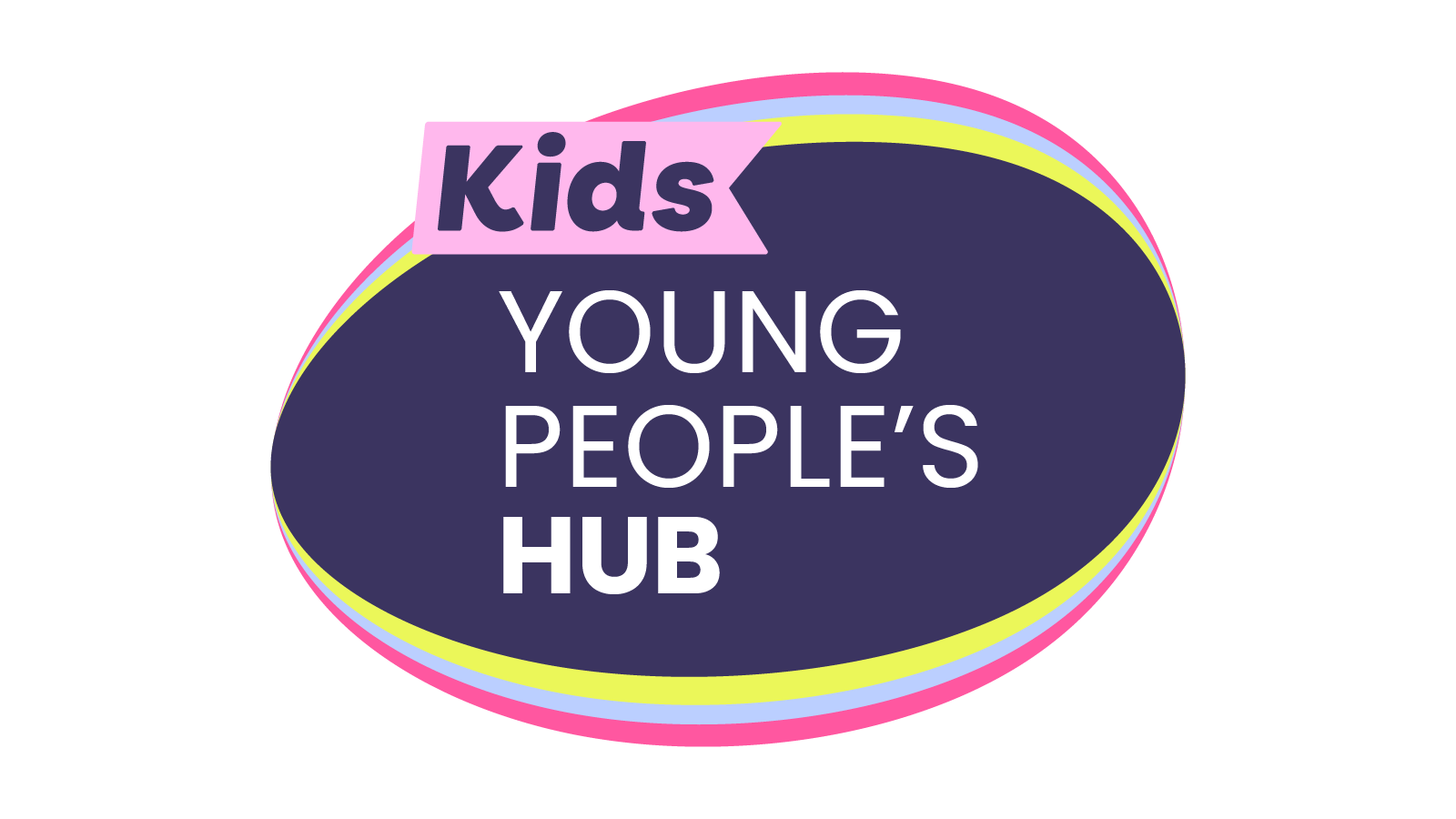Education and my SEND needs
Everyone learns differently, and there’s no one-size-fits-all when it comes to your education. If you’re a young person with SEND (Special Educational Needs and Disabilities), it means you may need specific support so you can take part in education on an equal basis — whether that’s at school, sixth form, college, a training provider, or on an apprenticeship.
Having SEND doesn’t say anything about your potential. It simply means your brain or body works differently, and you’re entitled to support that helps you do your best.

What is SEND?
SEND stands for Special Educational Needs and Disabilities. It covers a wide range of needs, including, but not limited to:
- Neurodiversity – for example autism, ADHD
- Specific learning differences – for example dyslexia, dyspraxia
- Speech, language and communication needs
- Social, emotional or mental health needs
- Physical or sensory needs
SEND in Education means you might need additional support or adjustments to access learning and assessments fairly. This can include changes in teaching, environment, or equipment.
The key point for you to know is that you have a right to an education that’s accessible and works for you.
Will I Get SEND Support in School, College or University?
Support exists so you can participate fully, thrive in what you’re learning, and get the most out of your lessons or courses.
- Who supports you – Subject teachers/tutors, teaching assistants/learning support staff, the SENCO (school) or Learning Support team (college), pastoral staff, and exam officers.
- Where support happens – In-class adjustments, small-group sessions, one-to-one support, quiet rooms, and study skills support.
- How it fits for you – You’ll remain part of your course group or class lessons – the support you are offered is there to remove barriers to your learning and understanding, not to set you apart from everyone else.

What Support Might I Get?
Support should ideally be tailored to your needs, so here are some examples of the kind of thing you could expect to be offered, depending on your SEND requirements:
Assessment Arrangements
Extra time, rest breaks, a reader/scribe, use of a laptop or assistive tech, separate/quiet room
Study Support
Organisation and planning help, note-taking support, study skills coaching, coursework guidance
Communication and Sensory
Visual supports, advance access to slides, noise-reducing headphones, structured routines, access to a calm space
Accessibility
Enlarged/alternative formats, ramps/lifts, adapted equipment or hardware/software
5 Common Adjustments that Help Many Students
- Extra time and planned rest breaks in exams/assessments
- Clear, written instructions alongside verbal explanations
- Access to assistive tech (e.g., speech-to-text, text-to-speech)
- Flexible seating or a low-distraction space
- Check-ins with a key member of staff (SENCO, for example)
Can I get extra time in exams if I have SEND?
Often, yes. Schools/colleges gather evidence of your needs and apply for access arrangements. Make sure to ask your SENCO/SEN team early, as these arrangements must be agreed and planned out in advance.

What’s an EHCP and Do I Need One?
An EHCP (Education, Health and Care Plan) sets out your needs and what’s required to meet them. If you have one, it should guide your day-to-day support and is reviewed annually. Once you’re 16 years old, you’ll be involved with your EHCP, but even before that age you should let your parent/carer know your thoughts and feelings on what you need, so that your EHCP can be created and personalised around you.
If you don’t have an EHCP, you can still receive support through the school/college’s graduated response, and this might be via their SENCO or Learning Support teachers/carers.

Do I need an EHCP?
- Yes/likely if you require substantial, coordinated support across education, health and/or your care.
- Not always if targeted adjustments and access arrangements meet your needs well.
How do I know when to ask for an EHCP assessment?
If your needs are significant and ongoing – and standard adjustments aren’t enough – speak with your SENCO about requesting an assessment from your local authority. Your parents/trusted adult can be involved fully to support you and help guide you through the process. And if you need additional advice, reach out to Kids SENDIAS services who can offer impartial help and advice.


What Rights Do I Have at 16+ ?
If you have SEND, your right to extra help doesn’t stop when you leave school. Colleges, sixth forms, and training providers have a duty to make sure you can access learning and take part fully. This could include things like:
- Extra time in exams
- Support in lessons
- Help with technology or equipment
- Adjustments to the building so it’s easier to get around
If you have an Education, Health and Care Plan (EHCP), this continues until you’re 25, if you still need it. That plan should outline the support you’ll get in your new setting and will still be reviewed annually just like it’s always been.
What Options are Open at 16+ ?
There are a few different paths after 16:
- College: You could take academic courses like A levels, or vocational courses which cover practical subjects linked to jobs (for example mechanic, electrician etc).
- Sixth form: Usually linked to schools and often focused on A levels or NVQs.
- Apprenticeships: Paid work combined with training.
- Traineeships: Shorter programmes to help prepare for work or apprenticeships. They’ve not been available as part of a government programme since 2023, but some colleges and training providers may still run training programmes locally, so it’s worth checking.
Each route can offer support for SEND. The key is finding the environment where you feel comfortable and able to do your best.

How Can I Talk to Teachers & Staff About What I Need?
When you’re starting somewhere new, or just even moving between stages on the same course, it can help to have honest conversations with staff. Here are some tips:
Ask early: Reach out before you start to ask what support is available.
Be clear about what helps you: For example, “I learn best when I get instructions written down as well as spoken.”
Take someone with you: A parent, carer, or trusted adult can support you in meetings.
Write down questions: It’s easy to forget in the moment. Examples:
- “What support is available for students with SEND?”
- “Can I have extra time for exams?”
- “Is there a quiet space if I feel overwhelmed?”
We’ve created a list of questions for you that you might find helpful to ask when you start 16+ education or new training, so check them out here.
How Can I Deal with Challenges?
If something isn’t working – workload, teaching style, social dynamics, or bullying – act early and make sure your voice is heard.
- Go and speak to or email your tutor and learning support teacher/SENCO and tell them what’s not working. Do this with a trusted adult if this is more comfortable and supportive for you – the important thing is that the challenge is dealt with so you can continue to grow and thrive.
- Ask for a review meeting. You can take a trusted adult, ask questions, and propose realistic adjustments that could help you.
- Use wellbeing services that are available to you; your mental health matters. We have some activities on the Hub which were created to help with self-care and mental wellbeing, so make sure to take a look.
If you don’t have an EHCP, you can still receive support through the school/college’s graduated response, and this might be via their SENCO or Learning Support teachers/carers.

What if I'm Being Bullied or Harrassed?
Report it immediately to your tutor and safeguarding lead. Your safeguarding leads should be clearly signposted throughout the building and on the school/college/work website.
Providers must act to keep you safe and address discriminatory behaviour. Also make sure to tell a trusted adult immediately, who can help you deal with the situation.

What about my Strengths & Self-Belief?
SEND is often discussed in terms of challenges, but strengths matter. Your SEND will likely give you additional superpowers, such as:
- Problem-solving
- Creativity
- Pattern spotting
- Empathy
- Hyper-focus on interests
- Innovative thinking
- Resilience
Many successful people talk openly about being neurodivergent or disabled. Your path may be different to others, but it can also be powerful.

How Do I Gain More Independence?
This stage of life is also about learning about and gaining more independence. You might want to:
Practise managing your own timetable and homework
Learn how to explain your needs to new teachers or tutors
Get used to travelling independently, if that’s an option for you
Find ways to develop your independence skills in our adulthood section.
Final thoughts
SEND is just one part of who you are.
You’re entitled to accessible education, fair assessments, and a say in decisions that affect your education and your life. Use your voice, ask for adjustments, and keep track of what works.
With the right support, you can build a strong and positive route through education, and into adulthood, that fits you 🙂
Resources
There are lots of people and organisations who can help you:
Other stories you might like




